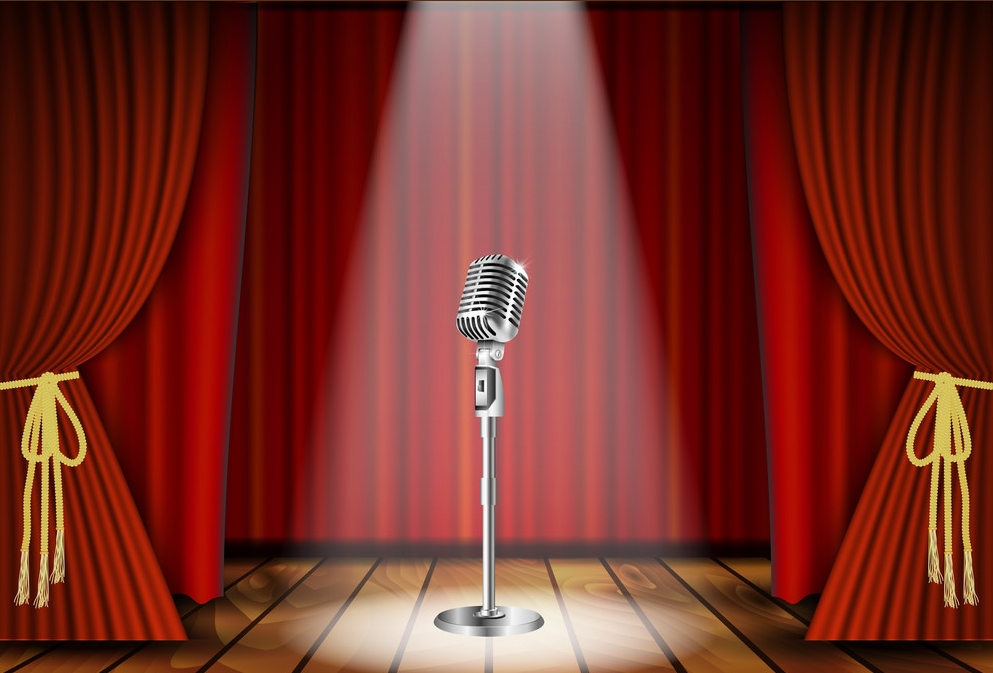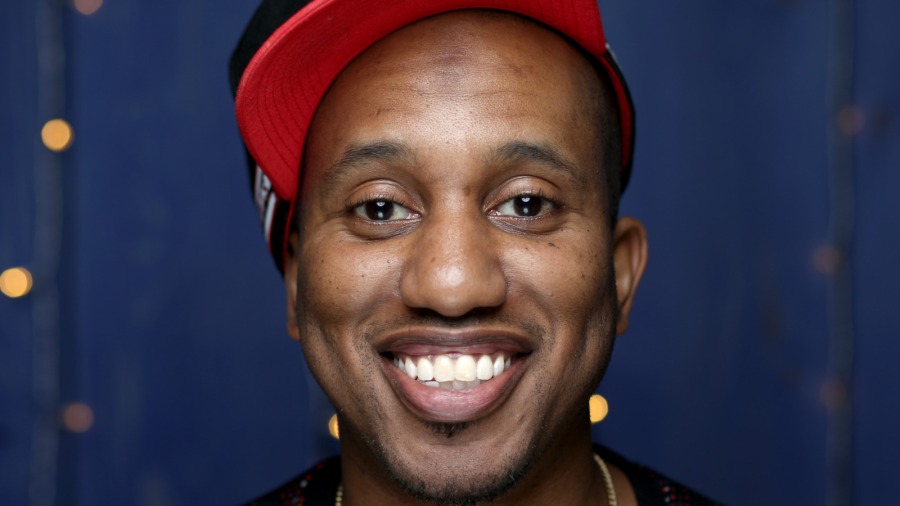For comedians, getting attacked onstage on occasion when things get charged is something many can relate to. But getting attacked offstage and outside performance venues seems like a different beast altogether. Sadly, though, it happens: just ask Saturday Night Live (SNL) alum Chris Redd who was recently assaulted by an unknown male assailant outside the famed Comedy Cellar in New York City as he arrived to perform at the club. In a vicious attack that left him “gushing blood,” the comedian sustained some rather serious injuries, including two fractures to his nose and one to his cheek.
While both the identity of the attacker and his possible motives remain the subject of speculation, the real-life implications of the situation are less uncertain. Reportedly, the attack happened as Redd was approaching the front door of the club; so, if we suppose that the spot where the assault occurred was under the control of the club, then some two-fold questions arise: first, what are the options open to an injured comedian in Redd’s position and, second, what are the responsibilities of comedy venues to those who visit their venues, including performing comedians. As for Redd, it is certain that if the attacker is caught, he will be held accountable for his actions, perhaps by the district attorney’s office charging him with a crime or perhaps by Redd himself suing the attacker in civil court for damages for assault. But what if the attacker is not caught and Redd remains aggrieved and wishes to put someone on the hook? Who can he sue and on what conditions or in what circumstances?
Given that Redd is a professional person who was booked to perform at a scheduled event, he was in the position of an “invitee” to the venue, meaning simply that his presence there at the time was anticipated. Thus, it is logical to consider whether the comedy club was possibly liable for not preventing the incident. We’re dealing here with an area of the law known as premises liability, which as the name implies concerns the responsibility of occupiers of premises to protect persons lawfully on their premises. In layperson language, the law requires occupiers of premises to take reasonable measures to keep their premises safe for the protection and benefit of their visitors and all others who may lawfully be expected to be present on the premises. Just what reasonable measures are required often depends on the circumstances of each situation and may include such things as adequate lighting, proper signage, security guards, and so on.
Although reasonable measures may mean different things in different situations, one constant factor in deciding whether the measures taken in any situation are reasonable is what is known as “foreseeability.” In other words, was it foreseeable that unless the measures or steps in question were taken, the damage or injury that ultimately resulted would likely have occurred? If the answer is yes, then the occupier of premises would be held liable in negligence for the damage or injury that occurred. Of course, if the answer is no, then there is no liability. Simple as that!
So, how does all this apply to Redd and the Comedy Cellar, if we suppose, of course, that the place where the attack occurred was part of the club’s premises? Considering that, could it be said that the comedy club, as an occupier of premises, was somewhat negligent in failing to prevent the attack on Redd, its invitee?
In other words, what reasonable measures could the club have taken to prevent the attack? To say it differently, were there any missing links in the way it managed its security operations that one could say did make the attack foreseeable? These are vexed questions of fact and when push comes to shove in court, these are the sorts of matters that jurors (as finders of fact) wrangle over when they retire to deliberate in their jury rooms. But generally, in situations like these, if the Comedy Cellar would have provided such things as proper lighting, adequate signage and security arrangements on its premises, it is hard to see how it could he held liable for the random act of an unknown assailant who acted swiftly and varnished into thin air. It will be something of a stretch to say that such an incident was foreseeable under the circumstances. Of course, if such an incident would have happened previously, then it changes the calculus of liability: the club could then be said to have had knowledge or fair warning of the danger in question and thus had a duty to address such a situation going forward.
As of this writing, the assailant has not been caught and his dark motivations for the brutal attack remain a mystery. And so far, there is no indication of any actual or planned lawsuit against the Comedy Cellar by Redd. Yet one thing is for sure: in an age of increasing dangers to comedians, comedy venues are obliged to become even more vigilant about security issues on their premises. If this matter was not always taken seriously at event venues, well, it seems about to change.
Editor’s Note: The new book “Comedy Goes to Court: When People Stop Laughing and Start Fighting” (an Amazon bestseller) is now out and available for sale. Go grab your copy on Amazon, Barnes & Noble and other bookstores.









